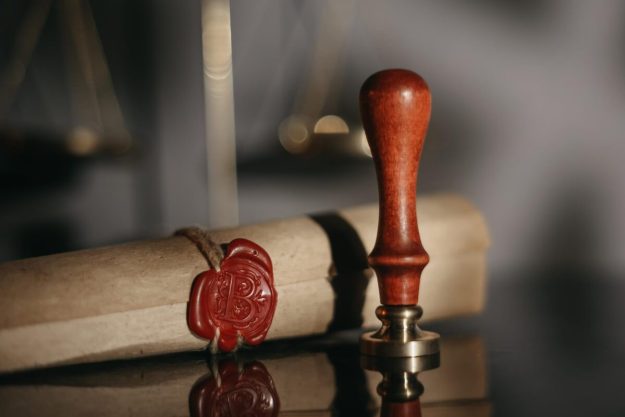7 Signs That Your Family Will Fight Over Your Estate After You’re Gone

After 37 years in legal practice, there isn’t much that still surprises Rod Genders.
He’s pretty much seen it all.
His law firm is the oldest in South Australia – established in 1848 – and like his father and his grandfather before him, Genders has spent his entire working life in the law, helping generations of Australian families to sort out a multitude of legal issues.
His areas of expertise are Wills and estates, and he describes witnessing a massive increase in litigation in these areas.
















